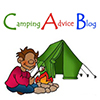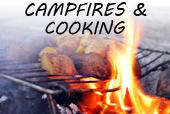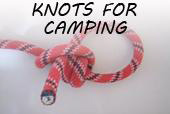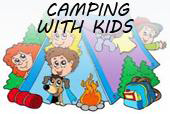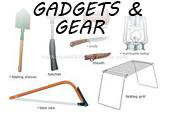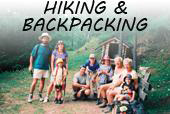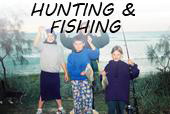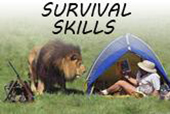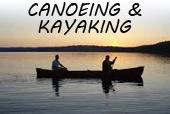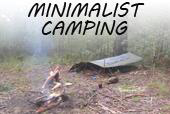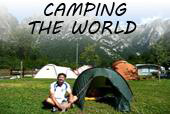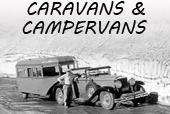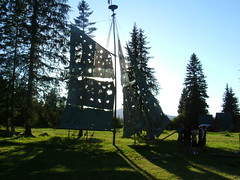
Let’s preface this by saying that most of the animals you might encounter when camping are wild, and that leaves the potential for any of them to be dangerous. The best general advice is to respect any animal you encounter.
As a rule, seldom will a camper have trouble with animals, if they respect the wildlife and are reasonably careful. However, it is understandable that some people are concerned about this, and there are a few exceptions.
BEARS: Blackbears are found in many or most areas of the Pacific Northwest, and often in other sections of the country. Normally, bears aren’t much of an issue, however they are inquisitive animals, and most of their waking time is spent foraging for food. This can put man in conflict with them. Bears are extremely powerful, and possess long, sharp claws and a sharp set of teeth. Three kinds of encounter that can potentially be dangerous are most common.
1. Startling a bear – This is more common with Grizzlies than with Black Bears, but when a hiker or camper come upon a bear suddenly, it can startle the bear. The most common reaction from the bear is to run, but it may attack instead. The best way to prevent this is to make plenty of noise when you are camping or hiking, so that the bear has warning that you are there.
2. Leaving food that a bear can get to – Bears will eat almost anything, and they are fond of sweets. Especially in the early part of the year, when the bears are most apt to be hungry, store food stuffs away from the tent, and when possible, from camp. Storing food in a car isn’t a good choice, either, because a bear is quite capable of ripping a door off a vehicle. Especially don’t leave food out where bears can smell it. That is an open invitation to a bear.
3. Coming between a bear sow and her cubs – This is a little harder to prevent. It requires much more awareness of your surroundings. When it does happen, it is common to see the cub before seeing he sow. If you see a cub, stop where you are at, and carefully scan the area for the mother. If you see the sow, back away slowly, making no threatening movements, and always facing the bear, unless she charges and you must run. Take special care when running, though. As bulky and clumsy as they may seem, a bear can outrun a horse…a man doesn’t stand a great deal of chance at running away from a bear unless the bear looses interest in the chase. As temperatures rise in early summer, bears will usually head for
